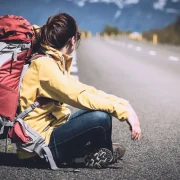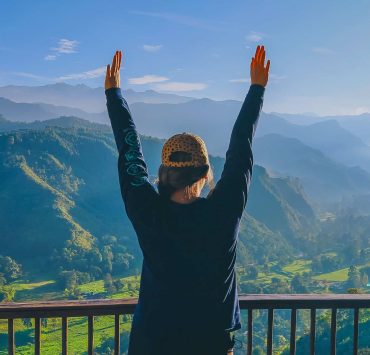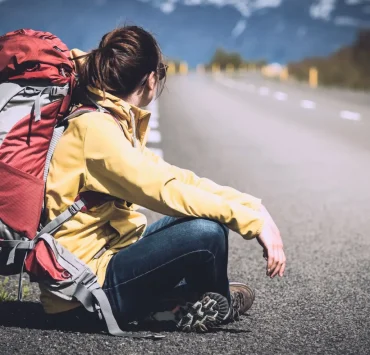The Rise of Experiential Travel: How Recreation is Redefining Tourism
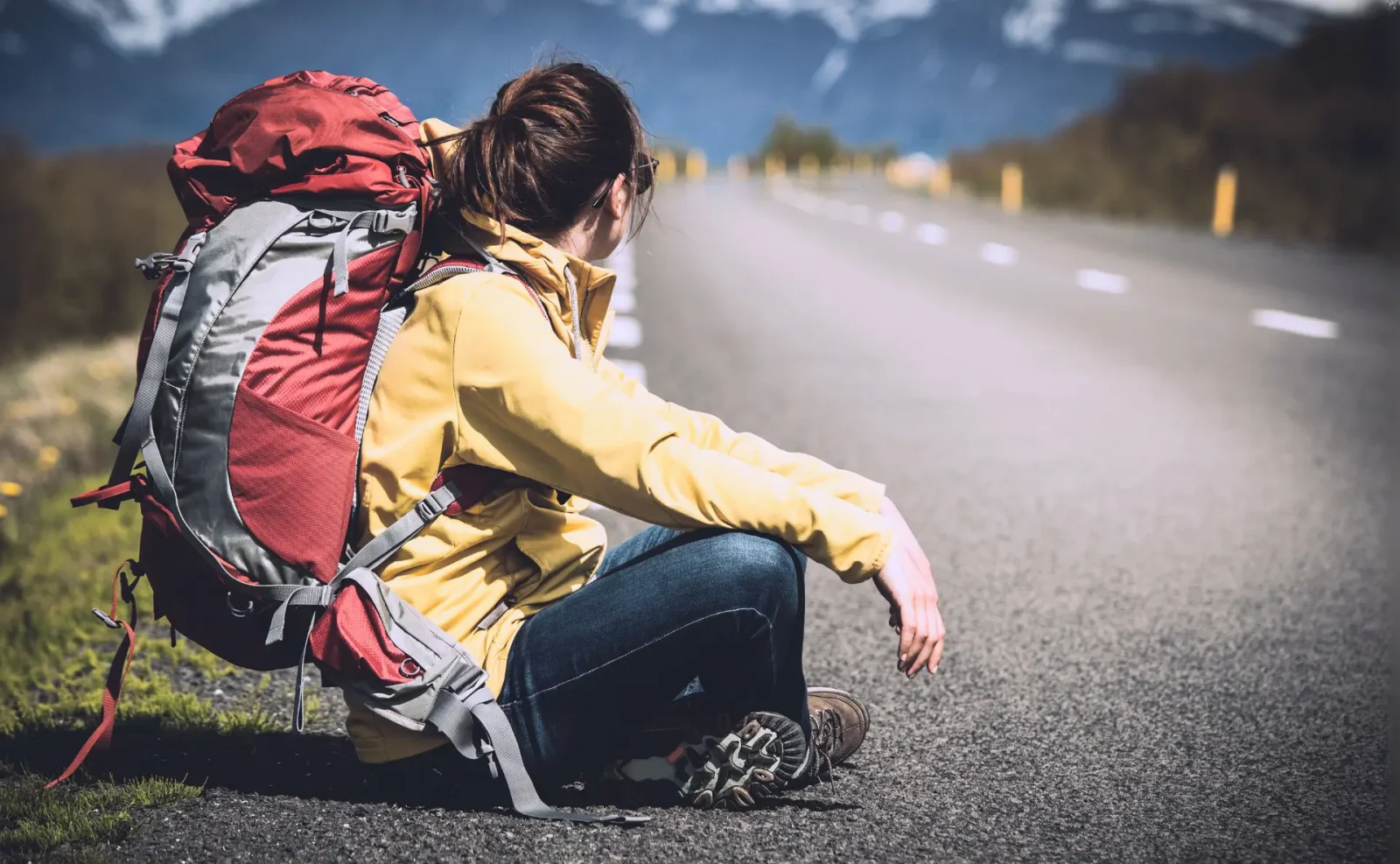
For decades, tourism was defined by sightseeing, guided tours, and ticking off famous landmarks. While these experiences remain popular, a significant shift is reshaping how people travel. Today, it’s not just about where you go but how you experience it. This shift is known as experiential travel—a growing trend that emphasizes recreation, cultural immersion, and meaningful connections over traditional sightseeing.
In this article, we’ll explore the rise of experiential travel, why it matters, and how it is reshaping the recreation industry around the globe.
From Sightseeing to Experiencing
Traditional tourism often revolved around iconic attractions: visiting the Eiffel Tower in Paris, gazing at the Pyramids in Egypt, or walking through Times Square in New York City. While these sites still draw millions, today’s travelers increasingly want more than snapshots and souvenirs.
Experiential travel is about living the destination, not just observing it. That might mean:
-
Learning how to make pasta in an Italian grandmother’s kitchen.
-
Practicing yoga on a beach in Bali at sunrise.
-
Joining a wildlife conservation project in Kenya.
-
Trekking with local guides through remote Himalayan villages.
This hands-on approach turns a trip into a personal journey, blending recreation with cultural appreciation and adventure.
Why Experiential Travel Is Growing
Several cultural and social factors fuel this trend:
-
Millennials and Gen Z Influence
Younger generations value experiences over material possessions. Social media platforms like Instagram and TikTok have amplified this, with travelers seeking unique, “shareable” moments that stand out from typical tourist photos. -
Wellness and Recreation
Modern travelers are increasingly health-conscious, seeking trips that integrate recreation, fitness, and mental well-being. Hiking retreats, cycling tours, or spa-centered getaways are booming. -
Cultural Curiosity
Globalization has increased exposure to different cultures, sparking curiosity to experience traditions firsthand rather than from afar. -
Sustainability
Tourists are becoming more mindful of their environmental footprint. Experiential travel often emphasizes local, eco-friendly activities that support communities instead of mass tourism. -
Post-Pandemic Shifts
After COVID-19, travelers crave meaningful, purposeful travel. Many are drawn to outdoor adventures, small-group experiences, and activities that connect them deeply to a destination.
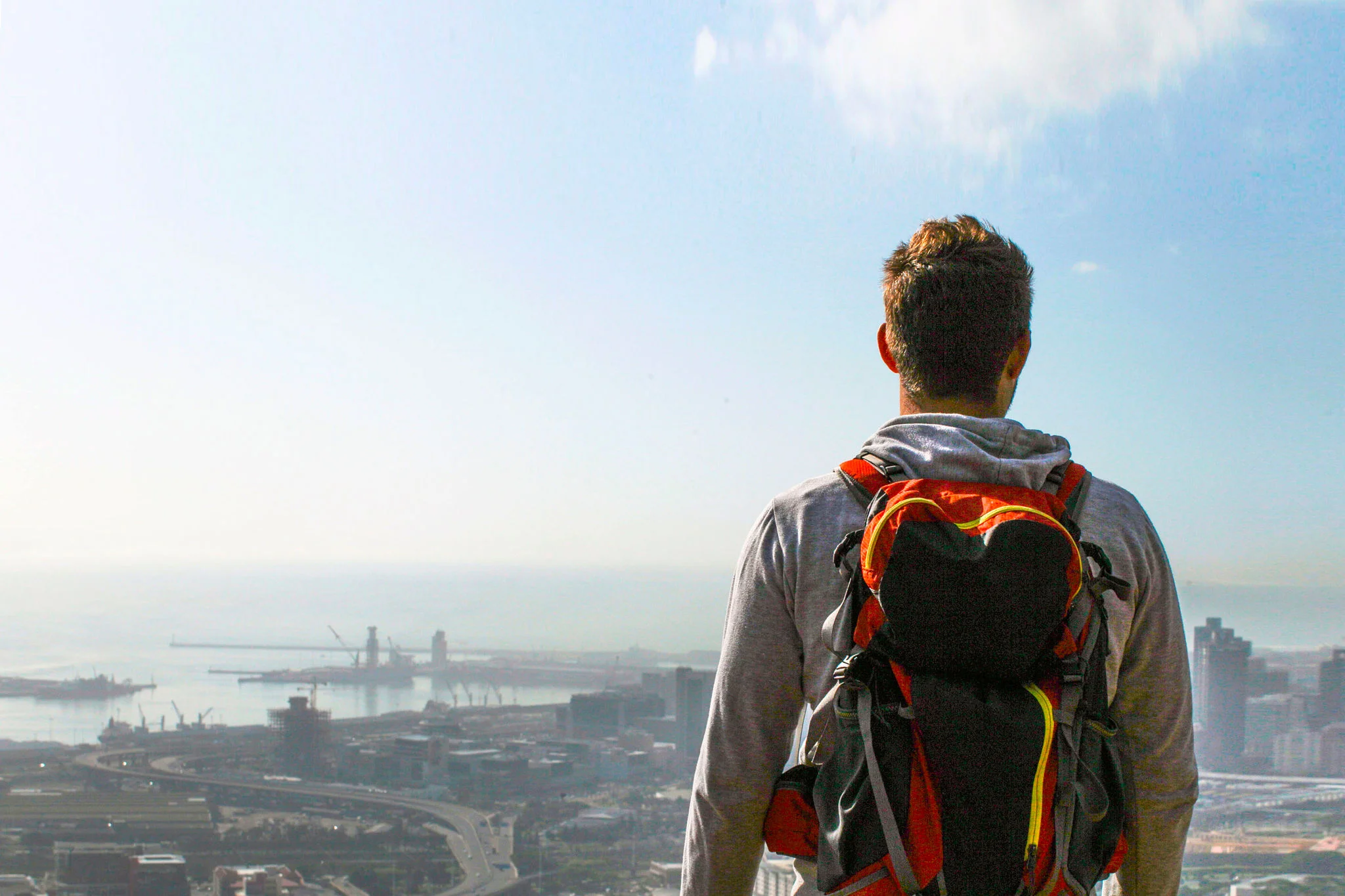
Popular Forms of Experiential Travel
1. Adventure Recreation
Adventure tourism is booming, offering activities like mountain climbing, scuba diving, paragliding, or kayaking. These experiences provide physical challenges while immersing travelers in natural landscapes. For example, white-water rafting in Costa Rica or bungee jumping in New Zealand isn’t just adrenaline-pumping—it becomes part of a life story.
2. Culinary Tourism
Food is one of the most authentic cultural gateways. Culinary travelers may join cooking classes, attend wine tastings, or explore local street food markets. Cities like Tokyo, Barcelona, and Bangkok are magnets for food-driven tourism.
3. Wellness and Retreats
Recreation is increasingly tied to self-care. Yoga retreats in India, meditation camps in Thailand, or spa resorts in Iceland combine travel with relaxation and rejuvenation.
4. Voluntourism
Travelers seeking purpose combine recreation with volunteering. Activities range from marine conservation in the Maldives to teaching English in rural South America. These trips allow travelers to give back while exploring new cultures.
5. Eco-Tourism and Outdoor Exploration
National parks, safaris, and nature-based trips attract eco-conscious travelers. Hiking the Inca Trail to Machu Picchu or camping under the Northern Lights in Finland merges adventure with awe-inspiring recreation.
6. Creative and Artistic Experiences
Workshops like pottery-making in Morocco or photography tours in Iceland merge travel with personal growth. For many, creating something tangible during a trip makes the journey unforgettable.
The Role of Recreation in Travel
Recreation is more than relaxation—it is the active engagement that transforms travel into something transformative. By participating in recreational activities, tourists not only stay active but also foster deeper connections with the places they visit.
For instance:
-
Kayaking along Norway’s fjords lets travelers appreciate the landscapes in ways a bus tour cannot.
-
Dance classes in Cuba provide insight into music and culture beyond concerts.
-
Cycling tours through Vietnam’s countryside offer a close-up look at rural life.
Recreation is no longer separate from travel; it’s at the very core of the modern travel experience.
Economic and Cultural Impacts
Experiential travel and recreation bring both opportunities and challenges to global tourism.
Positive Impacts:
-
Local Empowerment: Small communities can benefit directly from hosting immersive activities. A family-run farm offering cooking classes or homestays sees income that traditional tourism bypasses.
-
Cultural Preservation: By showcasing traditions, communities often find renewed pride in local practices like weaving, music, or storytelling.
-
Sustainable Growth: Smaller-scale recreation-based tourism reduces strain on overcrowded landmarks.
Challenges:
-
Over-Commercialization: When experiences become “trendy,” they risk losing authenticity.
-
Environmental Pressure: Even recreational tourism can strain ecosystems if not managed sustainably.
-
Accessibility: Experiential trips often cost more than traditional tours, limiting inclusivity.
Technology’s Role in Experiential Travel
Digital tools have accelerated the growth of recreation-focused tourism. Apps and platforms make it easier for travelers to find unique experiences, from Airbnb Experiences to specialized travel websites. Virtual reality previews allow travelers to “test” adventures before booking, while fitness trackers and travel tech encourage recreation-focused itineraries.
Social media remains a driving force: travelers often seek experiences that are both enriching and photogenic. This dynamic continues to redefine what destinations market and how travelers choose their journeys.
Tips for Travelers Seeking Experiential Journeys
For those ready to embrace this new wave of travel, here are some strategies to maximize recreational and cultural value:
-
Research Local Operators – Choose community-run tours and experiences to ensure your spending supports locals.
-
Pack for Activity – If you’re hiking, cycling, or kayaking, bring proper gear to stay comfortable and safe.
-
Stay Open-Minded – Immersive experiences may push you outside your comfort zone; embrace it.
-
Balance Activity and Rest – Active recreation is rewarding, but wellness and downtime matter too.
-
Respect Culture and Environment – Participate in traditions respectfully and adopt sustainable practices.
The Future of Travel and Recreation
As the world becomes more interconnected, the demand for authentic, recreation-driven travel will only increase. The future of tourism is less about being a passive observer and more about being an active participant.
Destinations will adapt, offering travelers not just attractions but experiences. From eco-friendly safaris in Africa to artisan workshops in Europe, the possibilities are endless. Recreation is no longer an “add-on” to travel; it is central to how people explore, connect, and grow through their journeys.
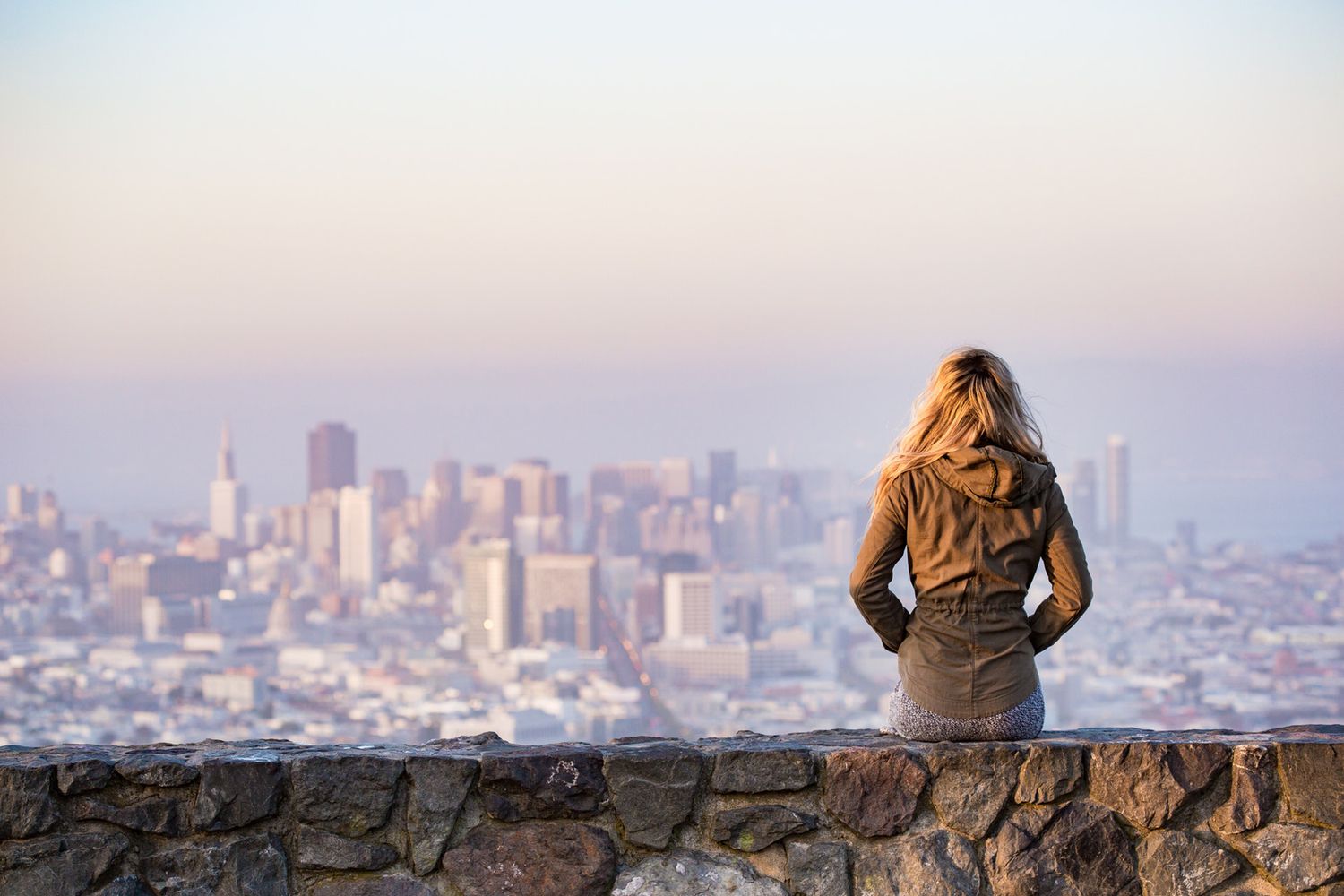
Conclusion
Travel is no longer about simply checking landmarks off a list—it is about immersive experiences, recreation, and connection. Experiential travel emphasizes active participation, cultural authenticity, and personal growth. Whether it’s trekking mountains, learning to cook traditional dishes, or meditating in serene landscapes, recreation is the heartbeat of this movement.
As travelers seek more purposeful and transformative journeys, the travel industry must adapt to offer activities that enrich both visitors and host communities. In doing so, travel becomes more than a vacation—it becomes a meaningful, life-enhancing experience.

